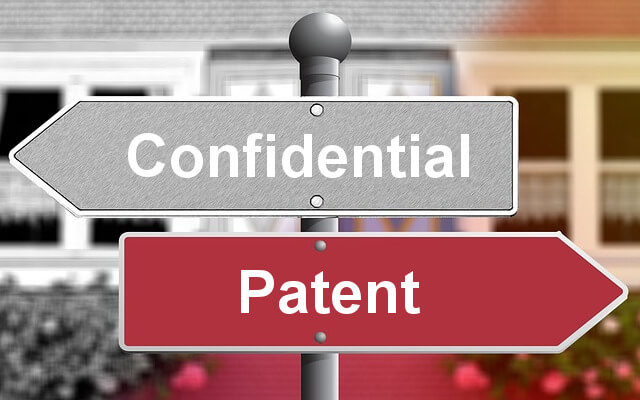Getting a patent is not like having a trademark registered.
If you started using a name, logo, image, or even a sequence of musical notes as a symbol that stands for your product or service, you already have a trademark. Trademark registration is a way to give an affirmative notice to the public that you are using the mark. The registration offers some perks, which are very helpful for your business, but the intellectual property right is not created by it.
On the other hand, a patent right is created when the government issue you a patent because your creative work doesn’t itself create a property right. If you invented something, you have a choice. You can disclose the ins and outs of the invention in exchange for an intellectual property right or just keep it under your sleeve.
You should wisely decide whether you apply for a patent or not.
A patent application usually discloses something you want to hide from the public as the law requires that (usually after 18 months from the application date) your application be published. In other words, everyone in the world will be able to access the disclosed information in the patent application.
If you have a technology that is immune to reverse-engineering and you are confident that you can keep the secret, getting a patent is probably more of a public service than a business move. Of course, there are instances that you want to open your technology to make it an industry standard. In this case, you patent the technology so people can learn about it, and you promise that you won’t withhold this patented technology unfairly (like demanding unreasonable license fees to discriminate your competitors).
On the other hand, if your technology is not immune to reverse-engineering or you know others will soon catch up your progress, you likely need a patent protection. It will deter copycats and protect your business from an instance where someone else is issued a patent for the same technology and sues you. This situation can be also prevented by disclosing your work to the public in advance because the means for disclosure doesn’t have to be a patent application. Though, in this case you’re simply giving up your rights to the invention.

